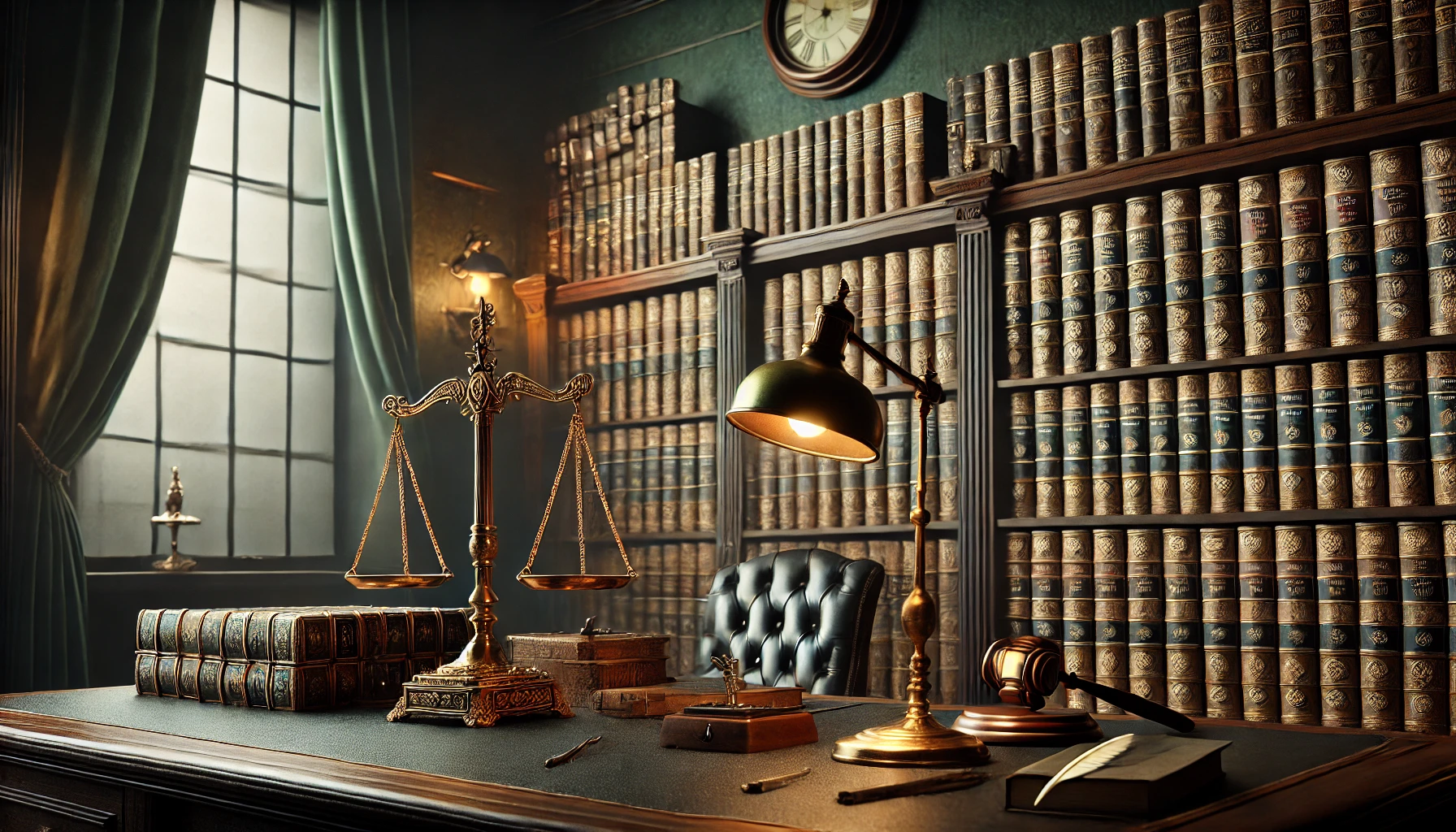Author-Aayushi Moudgil
second year B.com LL. B ,
UILS, Panjab University
Introduction- The Preamble of the Constitution of India describes India a secular, socialist, democratic and republic and republic nation. Not just preamble, article x-y of the Indian constitution have also enbibed in itself the concept of secularism. State in carrying out its duty towards secularism enacted the Places of Worship (Special Provisions) Act in 1991 which has attracted various controversy recently.
CONCEPT OF SECULARISM IN INDIA
The scope of the term secularism varies from society and nation, where in France secularism is applied to such an extent that forbids revelation of religious identity of the person in public, but in India secularism simply means that state has no religion and should not discriminate between any religion. However, a ‘simple’ concept which relates to different faiths remains not so simple in a diverse country like India which is a plethora of cultures, religious practices, beliefs, customs and has a complex history. Communal conflicts have time and again posed danger on person’s right to religion. Over 2,900 cases of communal or religious rioting were registered in the country between 2017 and 2021. Such incidents have always retained there positions in the headlines since independence.
THE PLACES OF WORSHIP (SPECIAL PROVISIONS) ACT,1991 Controversy
The places of worship (Special provisions) Act came in limelight after disputes on Shahi Jama Masjid in Sambhal, Uttar Pradesh. Petitioners claim the 16th Century Jama Masjid in Sambhal was built on the site of an ancient Hindu Temple (Hari Har Mandir). The controversy sparked when trial court ordered peaceful investigation into the Jama Masjid.
The act has been challenged in various cases which include the Gyanvapi mosque dispute, Ajmer sharif shrine dispute, Krishna Janmabhoomi-Shahi Idgah Masjid case. A special bench of Hon’ble Supreme court of India headed by Chief Justice of India Sanjiv Khanna on December 12 started hearing the petitions challenging the validity of the places of worship Act.
The said act freezes the character of a monument of places of worship constructed as existing before 15 August 1947 and prohibits and alteration to its identity. The act lays down several exceptions to application of the act. It excludes archaeological site covered by Ancient Monuments and Archaeological Sites and Remains Act,1958, cases mutually settled and conversions before amendment of the act. The Ayodhya Babri Masjid-ram Janmabhoomi case was also excluded from application of the act.
Sec 4(2) of the act bars courts from exercising power of judicial review on cases where the said act is applied. It states that any case or appeal about altering the religious character of a place of worship as existing on present date was compulsorily terminated and no new proceeding must be initiated. This clause has become one of the main agenda of its criticism as being inconsistent with provision of judicial review as contained in the constitution of India.
The object of the act is to strengthen the idea of secularism and promote peace and harmony between communities by eliminating conflicts related to the identity and characteristics of places and monuments but ironically the act itself has become a Hindu-Muslim controversy. Muslim communities support the act as it would safeguard the mosques built on the remains of ancient Hindu temples Several leaders, Muslim groups and others, have defended the law, contending it as crucial to safeguard the places of worship of religious minorities in a Hindu-majority India. Questions are also raised on the nature of historical evidence presented by the petitioners in support of their claims. It is claimed that if the law is struck down or diluted ,it could open the floodgates for a slew of similar challenges and inflame religious tensions, especially between Hindus and Muslims.Whereas Hindu community defy the act as with its implementation, the temples buried beneath mosques will remain as they are -hidden remnants of history, forever confined beneath the surface, never to emerge. It not just the remains of the that will be confined below the surface but also the hope of revival of their history that will sleep for a never-ending dark night.
EFFECT OF ACT ON SECULARISM
The main objective of the act was to broaden the horizon of secularism in the nation however the question in the present scenario is whether the said act will practically enhance secularism and harmony or just bluff the silence of some communities’ suppressed rights with peace.
Some secularists, minority Muslim communities, opposition leaders believe that act will safeguard the rights of minorities particularly Muslim minority and support and strengthen the secular nature of the nation and help in maintaining peace and harmony among the communities as disputes related to characteristic of the religious monuments will be curbed not conflicting past with future.
On the other hand, communities like Hindu, Jain, Buddhists and Sikhs believe the act to be violative of secular idea. The cutoff date is arbitrary in nature being retrospectively applicable from 15 August 1947. The Hindu, Jain, Sikh and Buddhist faced historical atrocities during the Mughal reign when many temples, Gurudwaras and monasteries were destructed and mosques were built over their remains. The act by choosing the mentioned date is an attempt to justify historic wrongs under the cover of secularism and harmony.
Both the sides in dispute take the plea of secularism in support of their argument. People supporting the act claim that if the act is invalidated it will pose a threat on monuments and buildings of their religion thus endangering secularism whereas people against the act opine that the act in itself is a threat upon secularism as considering the historical events of destruction of temples, Gurudwaras and other religious places thus making impossible for communities to ever retrieve their buried sacraments.
CONCLUSION- It can thus be concluded that The Places of Worship (Special Provisions) Act 1991 is not so just in the present form. The authorities should reconsider the principles of the act taking in account the historical events, faiths of all the parties affected and the general good of the society.



Leave a Reply